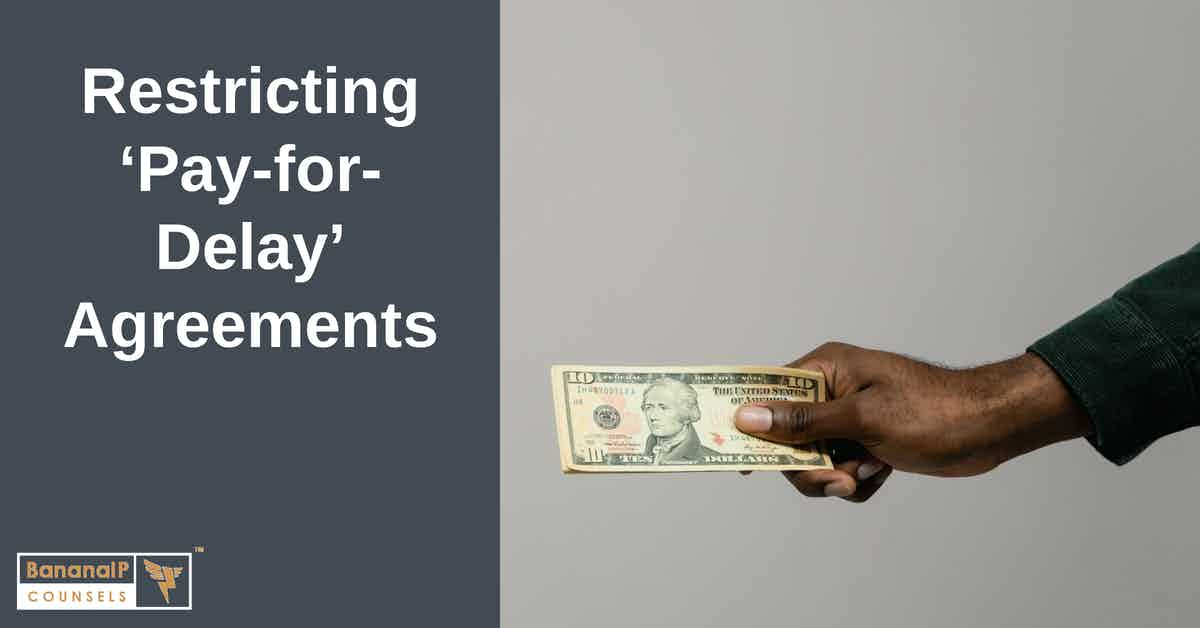This post was first published on 6th August, 2014.
A total of more than 420 million Euros was imposed recently as fine by the European Competition Commission on five major Pharma companies for entering into ‘Pay-for-delay’ agreements with Generic companies. These fines and related measures were imposed to restrict the drug majors from entering into these non-competitive kind of deals to maximize their commercial gains. Of the five, the drug maker, Servier has been fined 331 million Euros for the anti-hypertensive drug Coversyl (perindopril). The other companies included are Teva Pharmaceuticals, Lupin, Mylan, Krka and Unichem Laboratories.
The restriction on the pay-for-delay agreements and their stringent scrutiny by the European Commission has been active since July, 2009 following the final report published on anti-competitive practices in the Pharmaceutical Industry. In the US, the Federal Trade Commission also has made investigations and enforcement actions to check into the pay-for-delay agreements.
Pay-for-delay agreements are mutual agreements between the generic company and the innovator companies for a certain period of time wherein brand-name pharmaceutical companies share the benefits of their monopoly profits with the generic companies for allowing the prices of the drug to stay high. In a way both the innovator and generic companies are on the winning side, whereas the loser is the consumer.
These agreements are some of the tactics employed by brand-name pharmaceutical companies to extend their monopoly rights by delaying generic companies from entering the market after the due expiry of their patents. The entry of generic companies with competing products forces innovators to slash down their prices or to lose the market where they enjoyed the monopoly curtailing their huge profits. Usually, generic companies are allowed to enter the market before the patent expiry following a patent litigation where generic companies are able to either prove that their product does not infringe the innovator’s product or that the innovator’s patents are invalid. The entry of the generic company into the market well before the patent expiry is in favor of the consumers letting them save big on the same drug. The prices of the drug can even come down by 90% of the cost of the brand-name medication with the availability of generic substitutions.
But on the other hand, the innovator companies who have invested a lot of money, time and resources into the research and development may not be able to recoup the investments if the generic companies enter the market with the competing products during their period of monopoly. These recouping of investments is a must-do for the branded pharmaceutical companies to continue their research and development of newer drugs. The more stringent requirements and criteria for securing a patent, in turn, require huge investments from the giants thus compelling them to extend the monopoly rights they are able to enjoy as long as possible.
Stringent measures to crack down these non-competitive practices are necessary from the side of the Government and it is clear from the statistics that these agreements have shown a decline after the 2009 Commission Report. The latest fines imposed are sure to yet again reduce the number of agreements but experts are doubtful whether these huge fines may, in turn, affect the price of drugs adding more burden to the consumer rather than retreating pharma majors from the agreements. Brand-name pharma companies may increase the price of the drug if they find their strong patents being challenged during the monopoly period. There are other alternative strategies available for pharma majors to protect their interests, which are of low risk, even if they allow generic players to enter the market.



